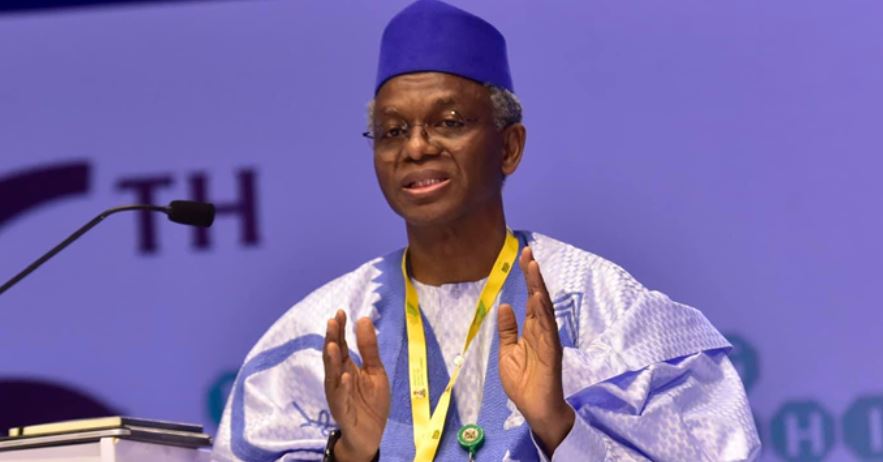The political landscape in Kaduna State, Nigeria, has become increasingly fraught with tension following a police summons issued to former Governor Nasir El-Rufai and several of his allies. The summons, which cites allegations of criminal conspiracy, incitement of public disturbance, mischief, and causing grievous hurt, stems from a disrupted meeting of the African Democratic Congress (ADC) where political violence erupted. This incident has ignited a firestorm of accusations and counter-accusations, with El-Rufai and the ADC alleging a politically motivated witch-hunt by the current administration, while the government maintains it is simply upholding the rule of law. The escalating conflict has drawn in prominent national figures, including former Vice President Atiku Abubakar, and sparked warnings about the potential erosion of democratic principles. This complex situation underscores the deep political divisions within Kaduna State and the broader Nigerian political arena.
The heart of the controversy lies in the disrupted ADC meeting, intended to inaugurate a transition committee. The event descended into chaos when political thugs allegedly attacked attendees, resulting in injuries and property damage. The police subsequently blamed El-Rufai for the violence, a charge he vehemently denies. This incident follows a period of escalating tension between El-Rufai and his successor, Governor Uba Sani, particularly after allies of the former governor lost by-elections in the state. Adding fuel to the fire, El-Rufai recently accused the government of “empowering bandits” during a television interview, prompting strong rebuttals from both the federal and state governments, which accused him of attempting to destabilize Kaduna State.
The police summons directed at El-Rufai and six other ADC leaders has drawn sharp criticism from various quarters. Former Vice President Atiku Abubakar has characterized the summons, along with other recent incidents in Katsina and elsewhere, as indicative of a growing authoritarianism under President Bola Tinubu’s administration. He warned against criminalizing opposition and stifling dissent, arguing that such actions jeopardize the foundations of democratic governance. Echoing these concerns, the ADC spokesperson, Bolaji Abdullahi, accused the police of acting as a tool of political harassment, neglecting the escalating insecurity plaguing communities while targeting opposition figures. He demanded the withdrawal of the summons and the prosecution of those responsible for the violence at the ADC meeting.
However, the ruling All Progressives Congress (APC) has defended the police action, asserting that no individual, regardless of political standing, is above the law. The party maintains that El-Rufai should comply with the summons and allow the legal process to unfold. Similarly, the Middle Belt Forum has cautioned political parties against aligning with El-Rufai in future elections, citing his alleged divisive rhetoric and controversial past actions. They argue that associating with him could alienate voters in the strategically important Middle Belt region. This diverse range of responses underscores the polarizing nature of El-Rufai’s political figure and the complexities of the current political climate.
Further complicating the narrative, the Kaduna State chapter of the Peoples Democratic Party (PDP) has accused Governor Uba Sani of leveraging security agencies to persecute political opponents. They allege that the summons directed at El-Rufai and his allies is a politically motivated witch-hunt targeting those who have distanced themselves from the governor’s faction. This accusation introduces another layer of political intrigue, suggesting an internal power struggle within the state’s political landscape that extends beyond the immediate conflict between El-Rufai and the current administration.
The escalating tensions in Kaduna State reflect a broader struggle for political power and influence. The accusations of authoritarianism, political persecution, and the instrumentalization of law enforcement raise serious concerns about the health of democratic processes in the region. While the government maintains its commitment to upholding the rule of law, the opposition views the recent events as a systematic attempt to silence dissent and consolidate power. The unfolding situation in Kaduna State warrants close attention, as it has the potential to set a precedent with significant implications for the future of democratic governance in Nigeria. The clash between the incumbent administration and the former governor represents a microcosm of the larger political dynamics at play, highlighting the challenges of balancing political competition with the principles of democratic governance and the rule of law.














